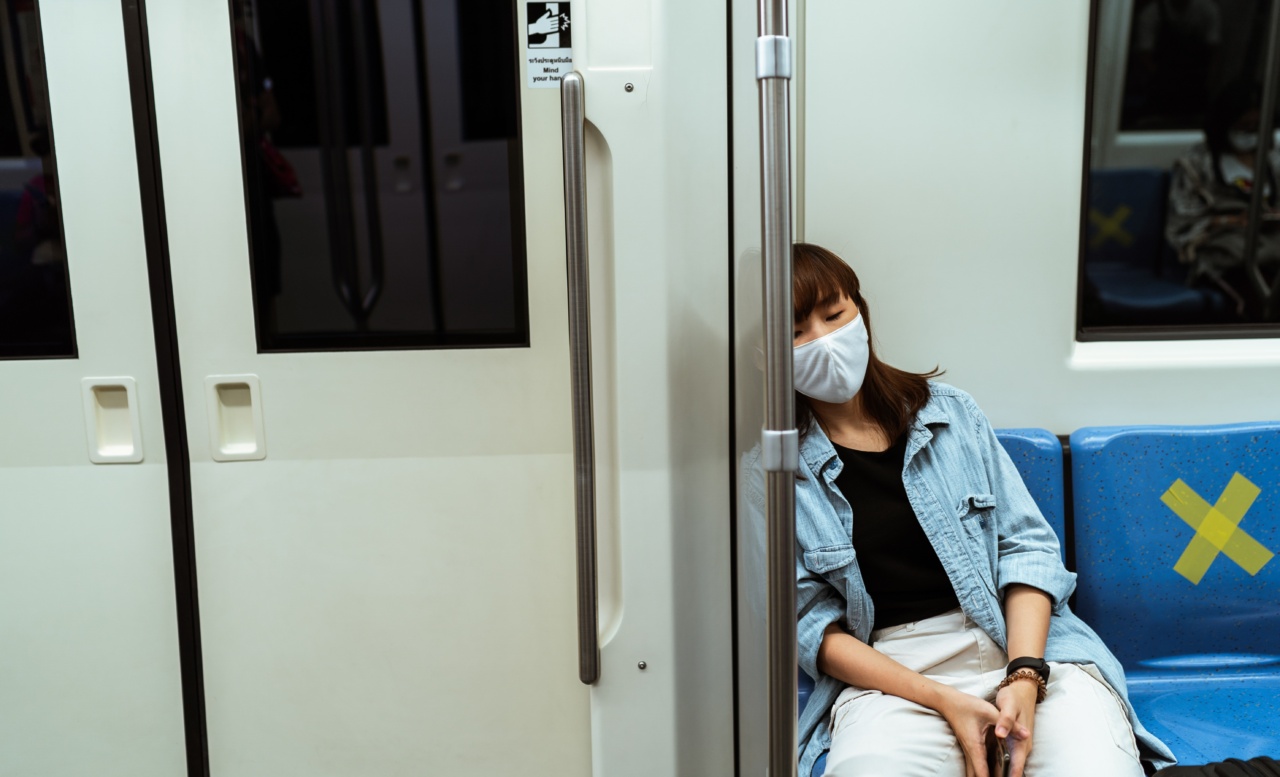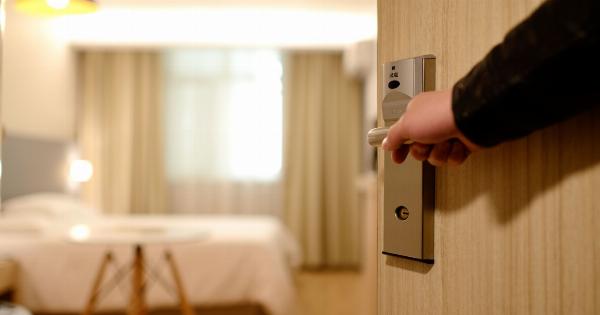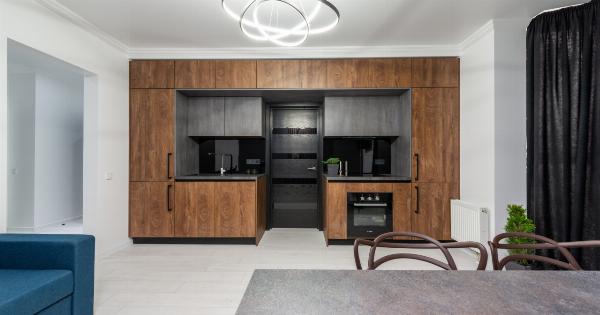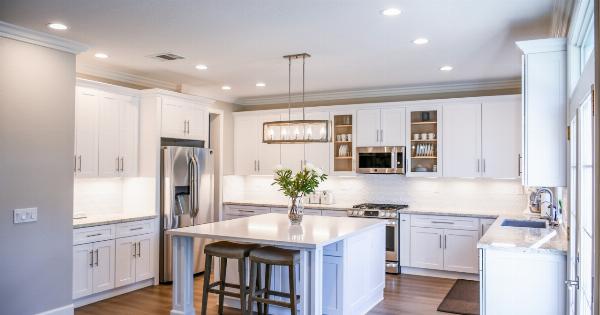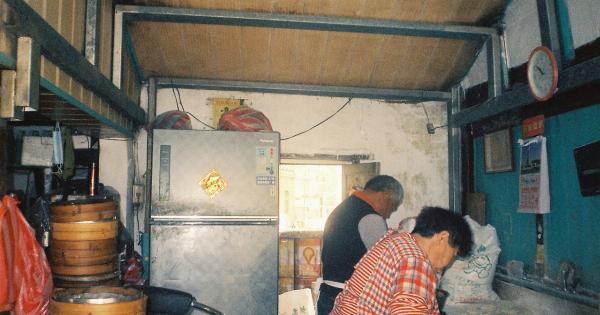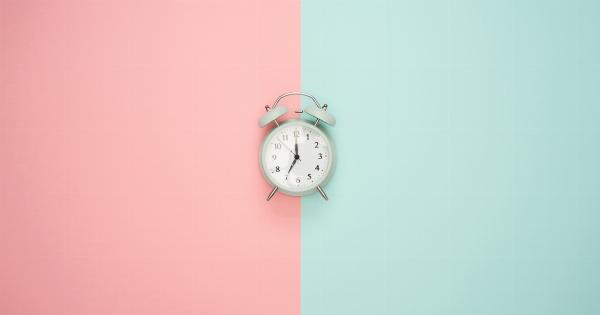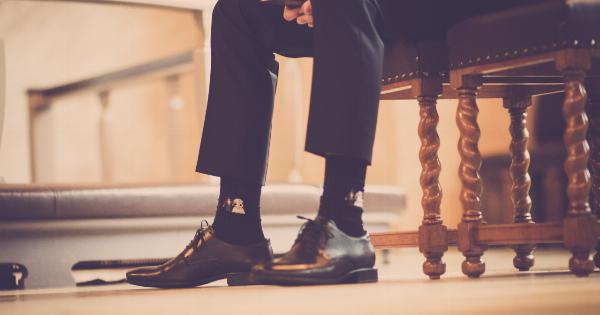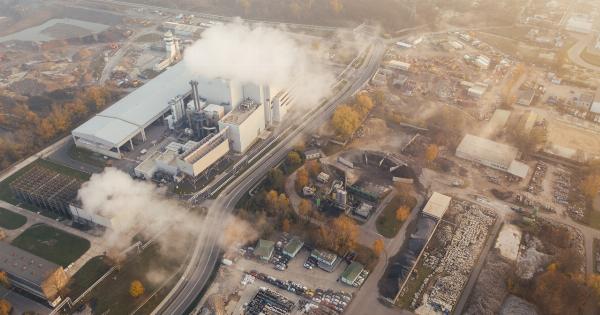Sleep is an essential part of life and we all need it for our bodies to function properly. However, there has been a lot of debate about whether or not sleeping with the door closed is bad for your health.
Why Do People Sleep with the Door Closed?
There are several reasons why people sleep with their doors closed, such as feeling more secure or having privacy. For some, it helps to create a quieter, darker environment for better sleep quality.
Other people might prefer it because it keeps out pets or children who might disturb their sleep.
Is Sleeping with the Door Closed Safe?
There are no known health risks associated with sleeping with the door closed. In fact, it might even be safer to keep your door closed while you sleep.
If there is a fire in your home, keeping your door closed can help to contain the fire to one area and give you more time to escape. Closed doors also help to prevent smoke and toxic fumes from entering your bedroom, which can be extremely dangerous.
How Does Sleeping with the Door Closed Affect Airflow?
Some people might worry that sleeping with the door closed will result in poorer air quality in the bedroom. However, this is not necessarily true. In fact, keeping your bedroom door closed can actually improve the quality of the air in your bedroom.
When you keep your door closed, you create a smaller, contained space that is easier to regulate in terms of temperature and humidity.
This means that you can control the amount of fresh air that enters your bedroom more easily than if your door was open. This is especially important for people who suffer from allergies or asthma, as it can help to reduce the amount of allergens or irritants in the air.
What About the Risk of Carbon Monoxide Poisoning?
Some people might worry that keeping their door closed will increase their risk of carbon monoxide poisoning. Carbon monoxide is a toxic gas that is produced by burning fuel, such as wood or gas, and can be deadly in high concentrations.
However, sleeping with your door closed does not increase your risk of carbon monoxide poisoning. In fact, it might even help to reduce your risk.
By keeping your door closed, you can create a barrier between your bedroom and other areas of your home where carbon monoxide might be produced, such as the garage or furnace room. Of course, it is always important to have working carbon monoxide detectors in your home, regardless of whether or not you sleep with your door closed.
What Are the Disadvantages of Sleeping with the Door Closed?
There are some potential disadvantages to sleeping with your door closed, however. For example, if you have a pet that needs to go outside during the night, it might be more difficult for them to signal to you that they need to leave your bedroom.
Additionally, if you have a medical emergency during the night, it might be more difficult for emergency responders to access your bedroom if your door is closed.
For some people, sleeping with the door closed can also create a feeling of being trapped or hemmed in. If you suffer from claustrophobia or anxiety, sleeping with the door closed might not be the best option for you.
Conclusion
Ultimately, whether or not you choose to sleep with your door closed is a personal preference.
There are some potential advantages, such as improved air quality and increased safety in the event of a fire, but there are also some disadvantages to consider.
Most people will not experience any negative health effects from sleeping with their door closed, so it comes down to what makes you feel most comfortable and secure while you sleep.
